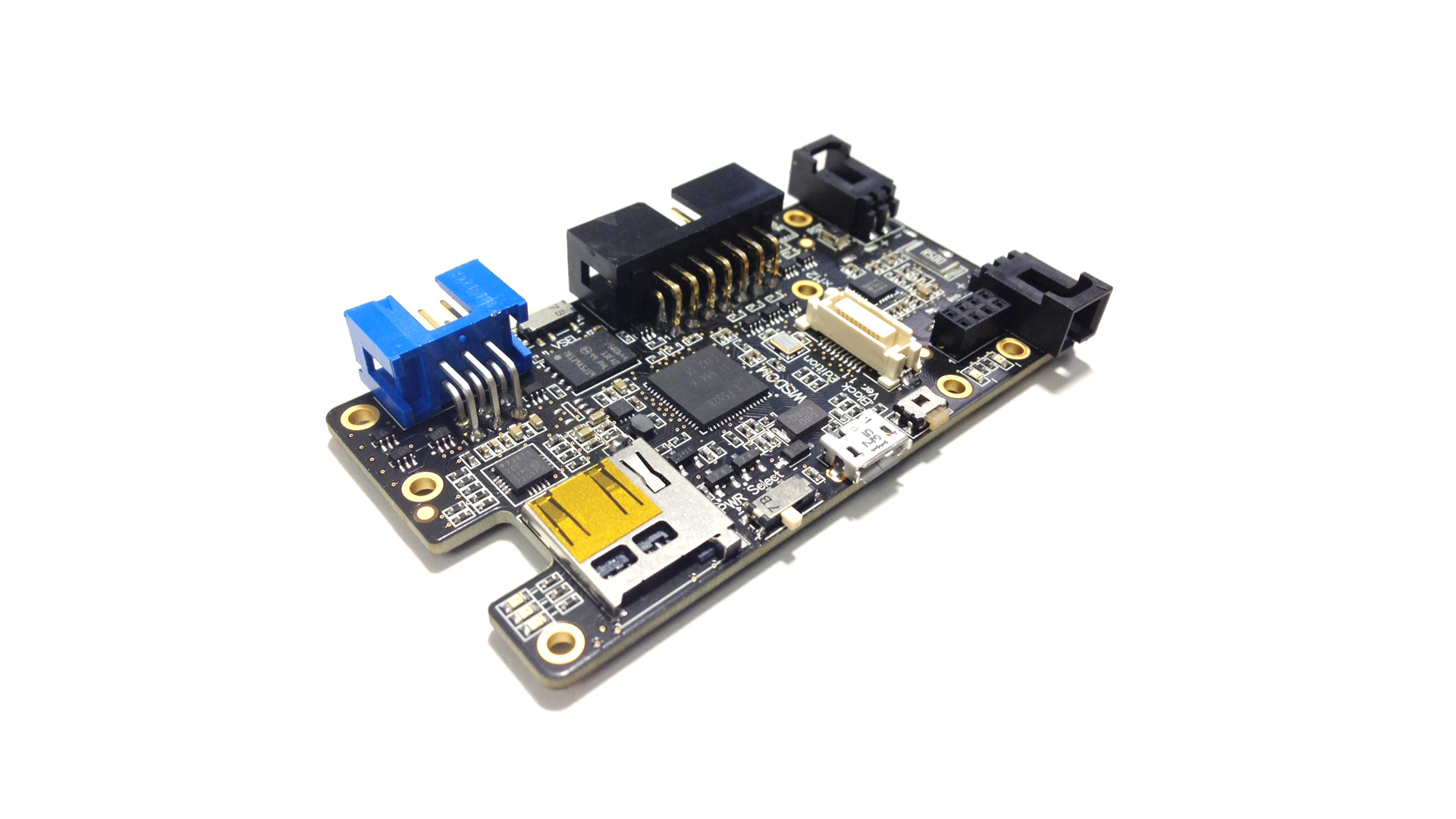Digital transformation depends on data. These are collected and evaluated in order to recognize changes and to be able to react to them. The focus of the Intelligent IoT Systems (IIoT) working group is on cyber-physical systems with regard to data collection and evaluation. The data is processed to gain information about the state of the CPS. This information is used to control the behavior of the CPS and to improve it if necessary and useful. This approach forms a control loop as is known from process monitoring and control. However, this approach requires a significant rethink with regard to the requirements for such CPS, particularly in terms of efficiency and interoperability.
The implementation of these highly complex, networked cyber-physical systems requires new and innovative ways to define their functional blocks, as well as mechanisms and methods to define and possibly modify their distribution within a highly distributed multi-layer system that extends from the edge to the cloud. These functional blocks include data acquisition, data exchange and data processing. Their internal realization in conjunction with the way they are distributed determines the overall performance of the system and its openness to data exchange with other systems. The IIoT working group is investigating all these aspects, which make it possible to realize intelligent, networked cyber-physical systems and cyber-physical systems of systems. The focus here is on optimizing applications and interoperability during development and runtime.
Configurable hardware and software modules enable reusability and the use of standards, but also make it possible to adapt IoT applications in a short time. Modularity is therefore an important aspect in the development of IoT applications. Suitable methods and tools are being developed for this.
Interoperability is an extremely important aspect to enable data exchange between different systems and application areas. It is supported by universal data exchange mechanisms and ontologies to describe the interactions between components and users. The possibility to exchange the meaning of data (i.e. its semantics) between applications makes it possible to exploit synergies between applications and application areas. Furthermore, data logic, data storage and data exchange can become separate modules. This supports the reuse of data and data fusion. In addition, configurable application-specific logic modules can also be developed that are used above the data exchange layer to process application-specific data.
An especially important aspect in this context is data consistency. In the future, formal methods for system modeling, system development, and analysis – including the creation of digital twins – will be used to examine how to maintain and interpret this data. The focus here is on the non-functional properties of distributed measurement and control systems, such as reliability, energy efficiency, and IT security.




